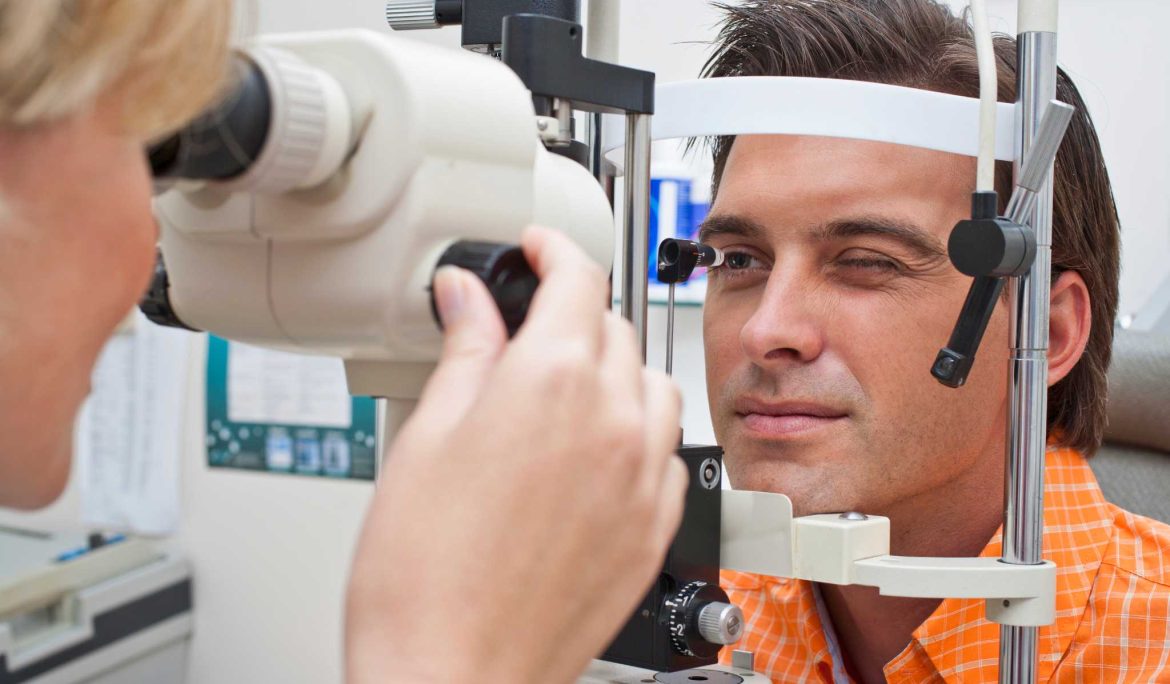When it comes to eye care, there are various options available to cater to different needs. Two common choices are eye clinic Calgary and optical stores. While they both offer services related to vision and eyewear, there are significant differences between them. Understanding these distinctions is crucial for making informed decisions about where to seek eye care. In this article, we’ll delve into the disparities between eye clinics and optical stores, shedding light on their unique roles and what sets them apart.

Services And Expertise
Eye clinics are comprehensive healthcare facilities that provide a wide range of eye care services. They employ optometrists and ophthalmologists who are highly trained medical professionals specializing in eye health. These professionals can diagnose and treat various eye conditions, conduct comprehensive eye exams, and offer medical interventions when necessary. In contrast, optical stores primarily focus on selling eyeglasses, contact lenses, and related accessories. While they may have opticians who can assist with fitting and selecting eyewear, their scope is primarily limited to providing vision correction products.
Medical vs. Retail Environment
Eye clinics are designed to resemble medical facilities, prioritizing the health and well-being of patients. They maintain a professional and sterile environment, equipped with advanced diagnostic tools and technology. This setting allows for accurate diagnosis, treatment, and ongoing management of eye conditions. On the other hand, optical stores have a retail-oriented atmosphere, emphasizing product selection and sales. They may lack the medical equipment and expertise required for comprehensive eye care beyond basic vision testing.
Eye Health Evaluation
Eye clinics perform thorough eye health evaluations that go beyond visual acuity testing. They assess various aspects of eye health, including screening for eye diseases, checking for signs of systemic conditions, and evaluating the overall health of the eyes. These evaluations help detect potential issues and enable early intervention. Optical stores, however, primarily focus on measuring visual acuity and assisting with eyewear selection based on prescription needs.
Treatment And Management Of Eye Conditions
Eye clinics are equipped to diagnose and treat a wide range of eye conditions, including glaucoma, cataracts, macular degeneration, and more. They can develop personalized treatment plans, prescribe medications, and perform surgical procedures when necessary. In contrast, optical stores do not typically offer medical treatment or management of eye conditions. Their main focus is providing vision correction through the dispensing of eyeglasses or contact lenses based on prescriptions provided by eye care professionals.
Continuity Of Care
Eye clinics emphasize continuity of care, particularly for individuals with chronic eye conditions or those requiring ongoing monitoring. They maintain patient records, offer follow-up appointments, and ensure that individuals receive consistent and personalized eye care over time. Optical stores, while they may keep purchase history for eyewear preferences, generally do not provide long-term care or track changes in eye health.
Are They The Same? – Eye Clinics vs. Optical Stores
While eye clinics and optical stores may seem similar on the surface, they serve distinct purposes in the realm of eye care. Eye clinics provide comprehensive medical services, diagnosis, treatment, and ongoing management of eye conditions, prioritizing the health and well-being of patients. On the other hand, optical stores are primarily retail-oriented, focusing on vision correction products and assisting with eyewear selection based on prescriptions.
Understanding the differences between the two can help individuals make informed decisions about where to seek appropriate eye care based on their specific needs.
















